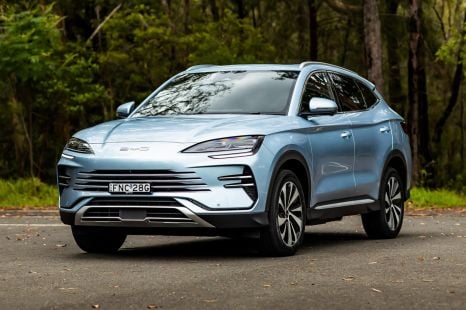

Matt Campbell
8.7
2 Months Ago
If you want a Honda CR-V with AWD and all the fruit, the VTi LX is the one for you – but it wouldn't necessarily be our pick of the range.
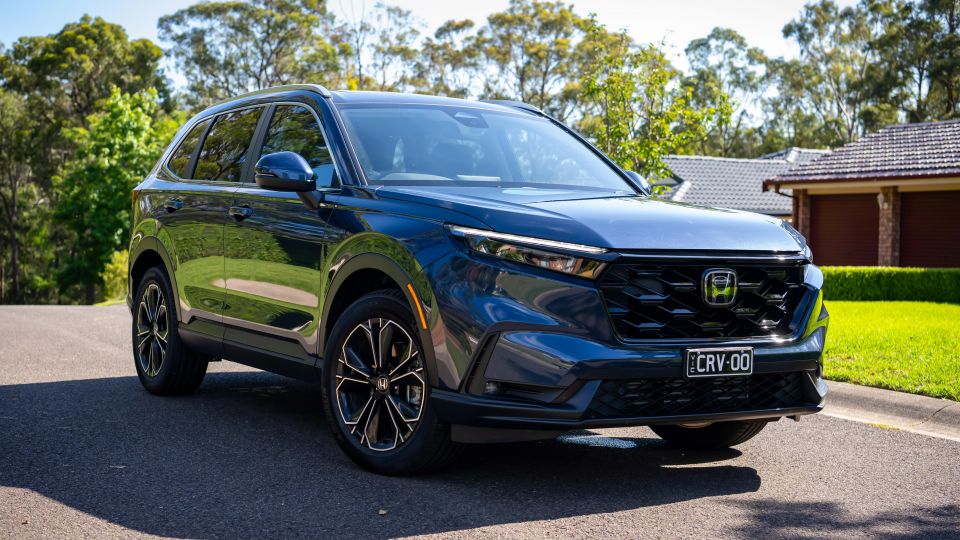
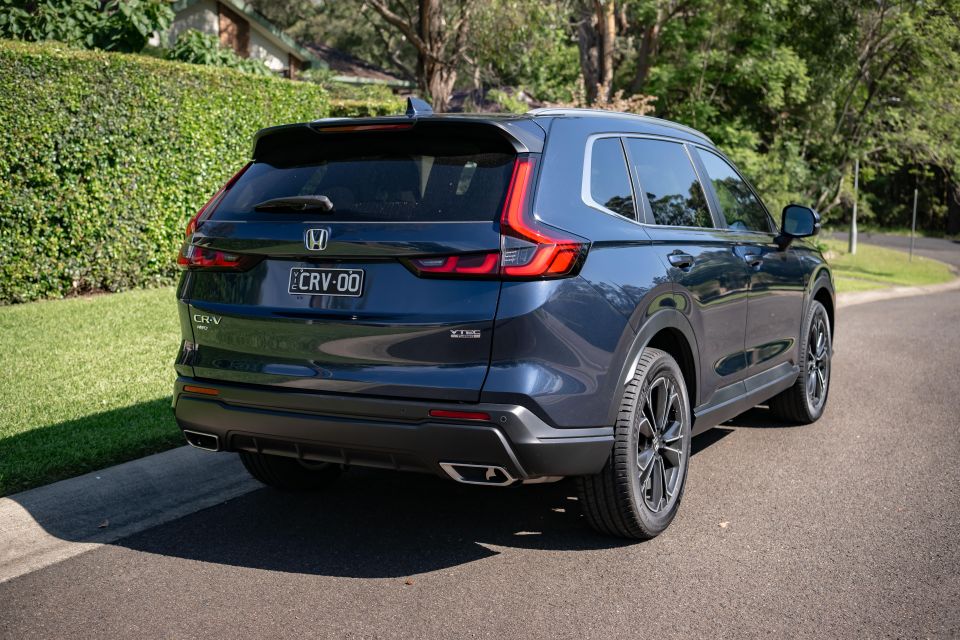

Take advantage of Australia's BIGGEST new car website to find a great deal on a Honda CR-V.
The new-generation Honda CR-V line-up offers a broad range of choices, but in this test we’re taking a closer look at the flagship petrol model.
It’s the 2024 Honda CR-V VTi LX AWD, which is a feature-rich variant with the same turbo-petrol engine as all the lower-grade versions, but with all-wheel drive and quite a high price point.
So does it justify the hefty ask? Or should you be looking at a different CR-V instead? I’ll run through the pricing, specs and drive experience of this version in this review so you can make your own mind up.
The Honda CR-V range is pretty extensive, with five and seven-seat models, front and all-wheel drive versions, and a range-topping hybrid also available – this VTi LX sits one rung under the flagship e:HEV RS hybrid.

The situation for this spec is simple, then. You’re going to have to really want all-wheel drive in order to pay this much to get it, and if you don’t need all the possible amenities and features the VTi LX offers, then the VTi L AWD might actually be the better choice.
If you’re okay with spending $57,000 on a five-seat AWD family SUV like this, then you could also consider the range-topping Subaru Forester 2.5i-S ($46,340), which looks like an absolute bargain against the CR-V. Maybe even the turbocharged Outback XT is an option (from $52,190).
Other great alternatives include the Nissan X-Trail, which is available as a petrol AWD (from $40,290) or the brand’s e-Power hybrid AWD (from $49,990). The stalwart Toyota RAV4 AWD Hybrid is available from $46,260, while the only petrol AWD version is priced from $56,230 plus on-road costs.
If you decide to go with the Honda CR-V, the paint colour you pick won’t change the price. All six hues – Canyon River Blue (as tested) Lunar Silver, Meteoroid Grey and Ignite Red metallic, Platinum White and Crystal Black – are no-cost choices.
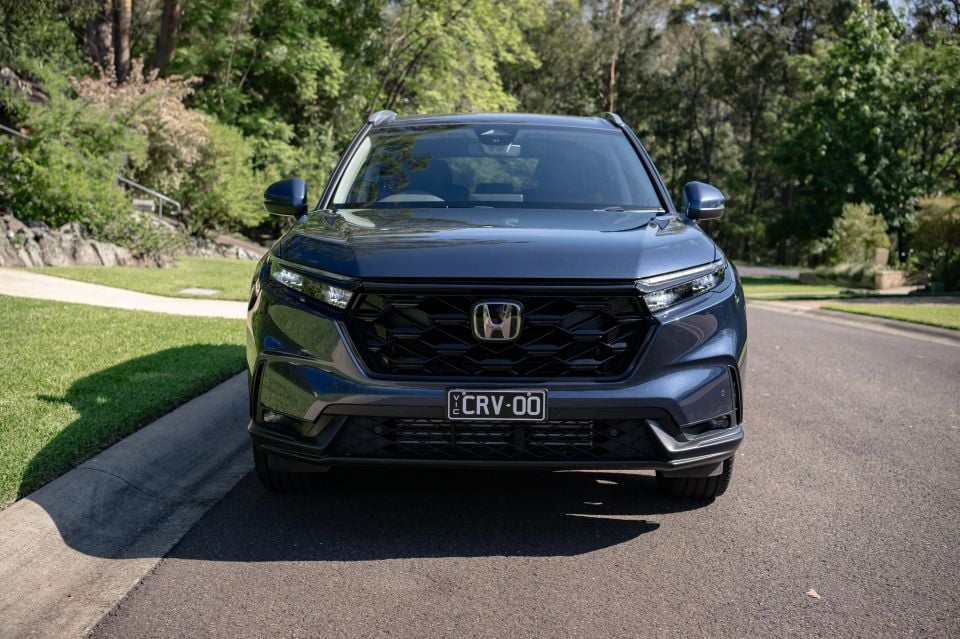
2024 Honda CR-V pricing:
Prices are drive-away
The new generation of Honda models have gone with the cookie-cutter approach in terms of interior design – and personally, I have no issue with that.
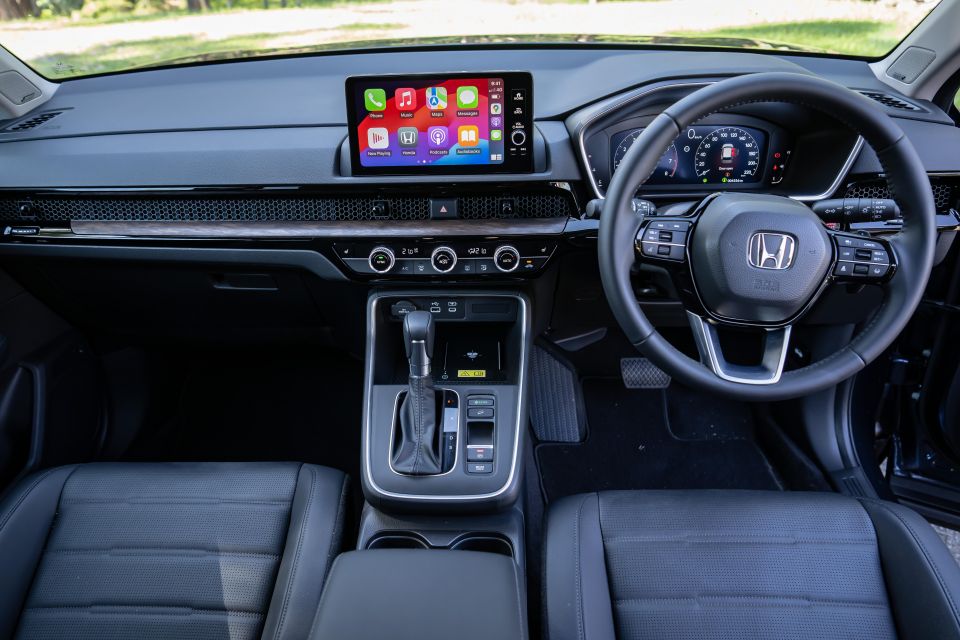
This is a sweet looking, well-designed and well made cabin, with logical control placement, no overbearing oversized screens and some thoughtful storage, too.
There may be some people out there who wish that the CR-V had a bigger driver information display, or even a head-up display in this spec, and I can understand that – but I think that this digital display is a nice size and it’s functional as well.
The 9.0-inch multimedia system could also be critiqued for being a little on the smaller side by modern standards, but it’s a very decent piece of kit. You have a couple of buttons on the side of the screen, including home and back buttons, and there’s also a volume knob and tuning buttons too.
Thankfully there’s an array of climate controls down below that screen as well, including dials for fan and temperature, and buttons for recirculation, de-mister and aircon modes.
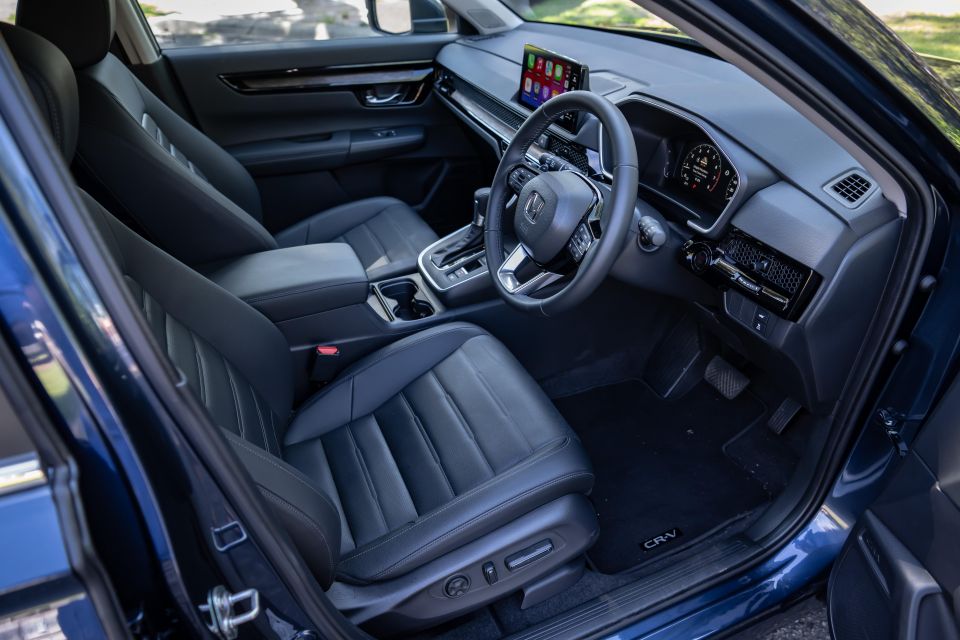
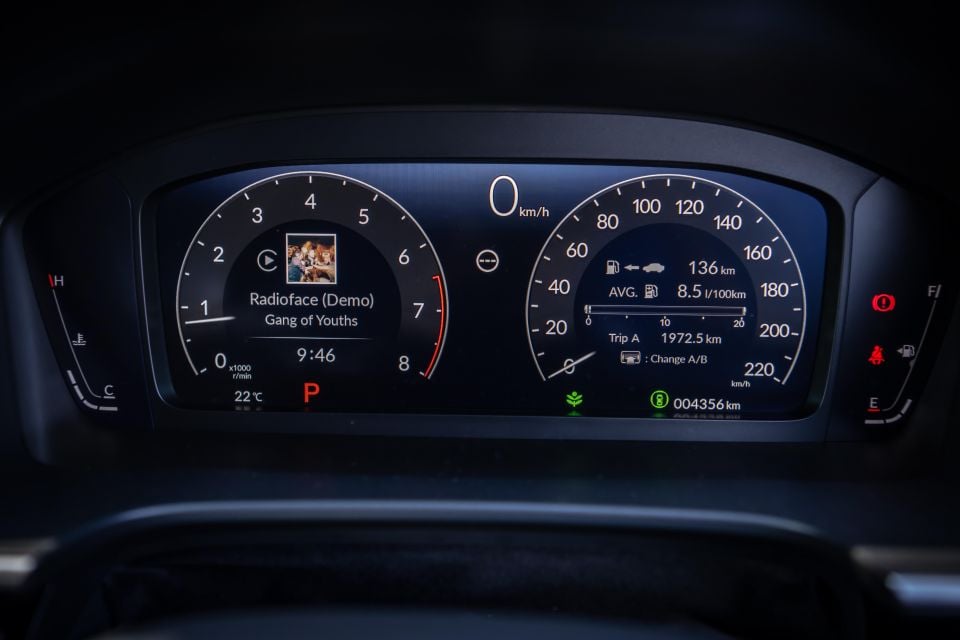
The screen itself is a offers decent resolution, and the menus are very easy to learn. I had no issues with Apple CarPlay working wirelessly or plugged in during my time with his car. The Bose stereo is also a bit of a thumper.
The CR-V VTi LX AWD does have a few design flourishes to make it feel a little bit more upmarket than the lower grade versions, including a fake wood trim panel across the dashboard and on the doors, and its doors are backlit with some white ambient lighting, which flows to the back as well.
I do like the fact that you’ve got opaque LED lighting front and rear, with the second row lights also offering a good cast across to the outboard seats, making it easy to see what you’re doing when you’re strapping in or removing a youngster at night.
The black leather trim is of a high standard and while there are no really flashy elements to the way the seats are designed, they are very comfortable and offer good support and adjustment.
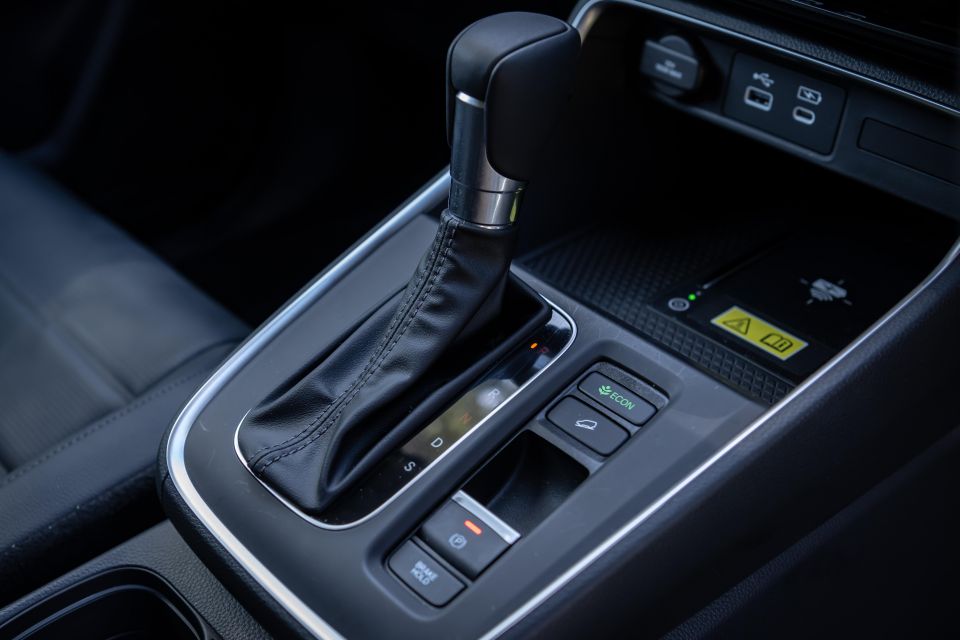
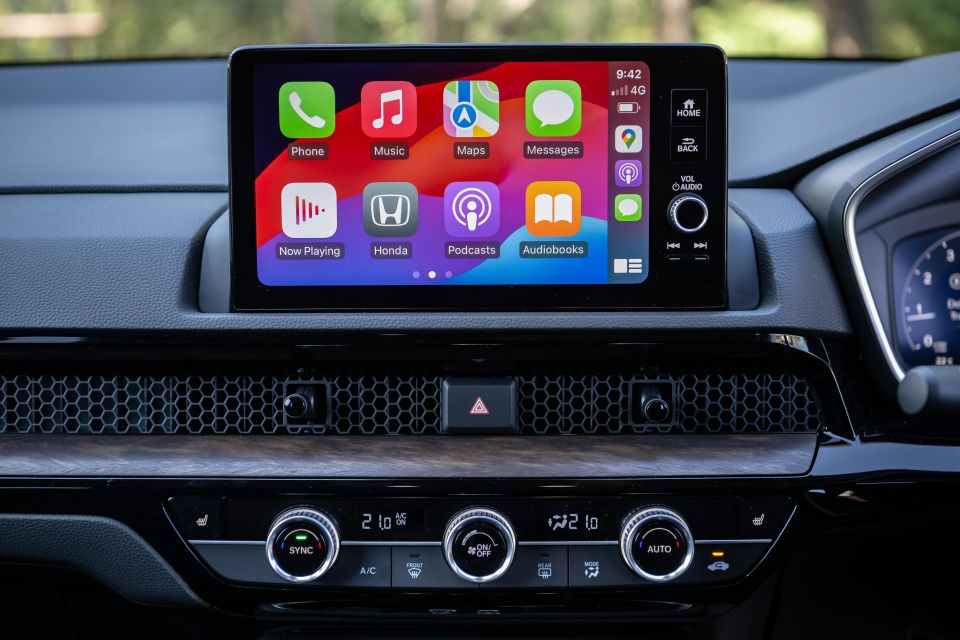
There are also nice padded sections on the armrest on the doors and on the covered centre console lid. That storage box is a good size and has a little light inside it as well.
Other storage includes a pair of big cupholders between the seats, and there’s a slippery plastic section just behind them where you might want to rest your key, but it does slide around a lot if you do. In front of the gear selector there’s also a wireless phone charger and that’s also where you’ll find USB-A and USB-C ports, plus a 12-volt plug.
There’s enough room there for a purse or wallet as well. In the doors there are big bottle holders, which are large enough to fit two bottles.
One of the best features of the CRV – its 90-degree opening rear doors – makes getting a kid in or out so much easier. Just be aware if your young ones can let themselves in, those doors do fling open a fair way, so you might need to be careful where you park.
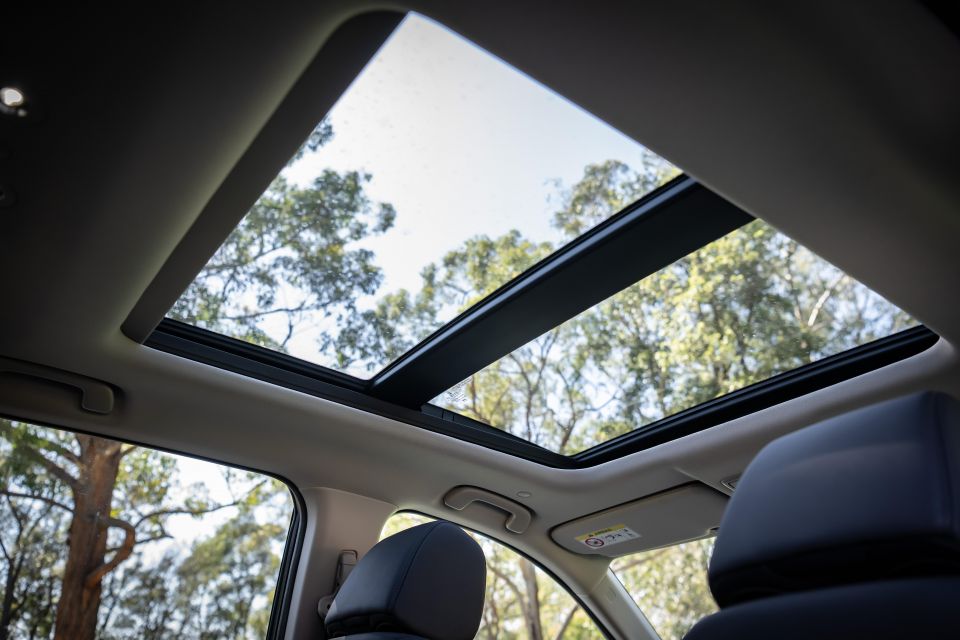
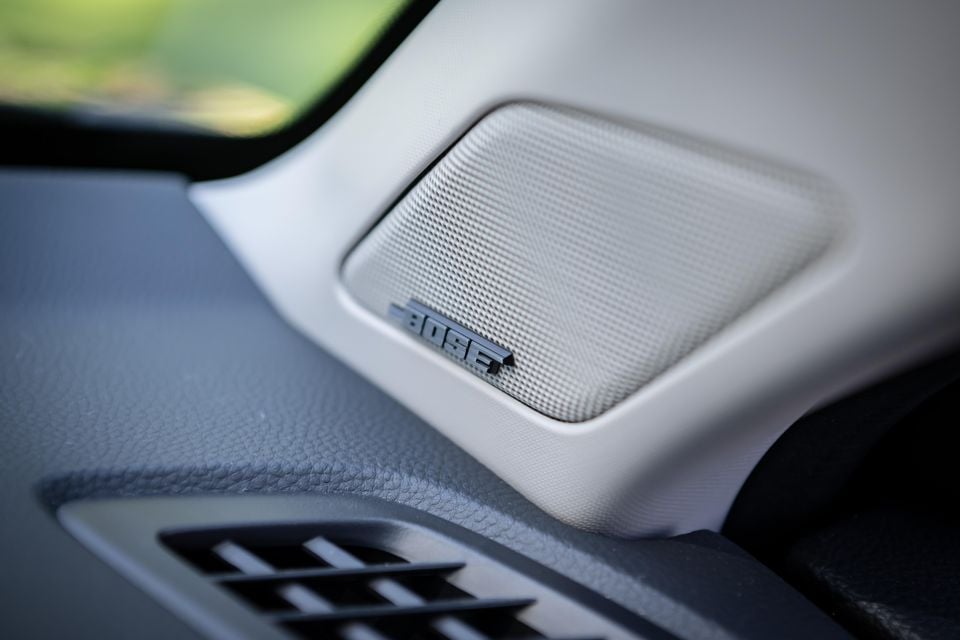
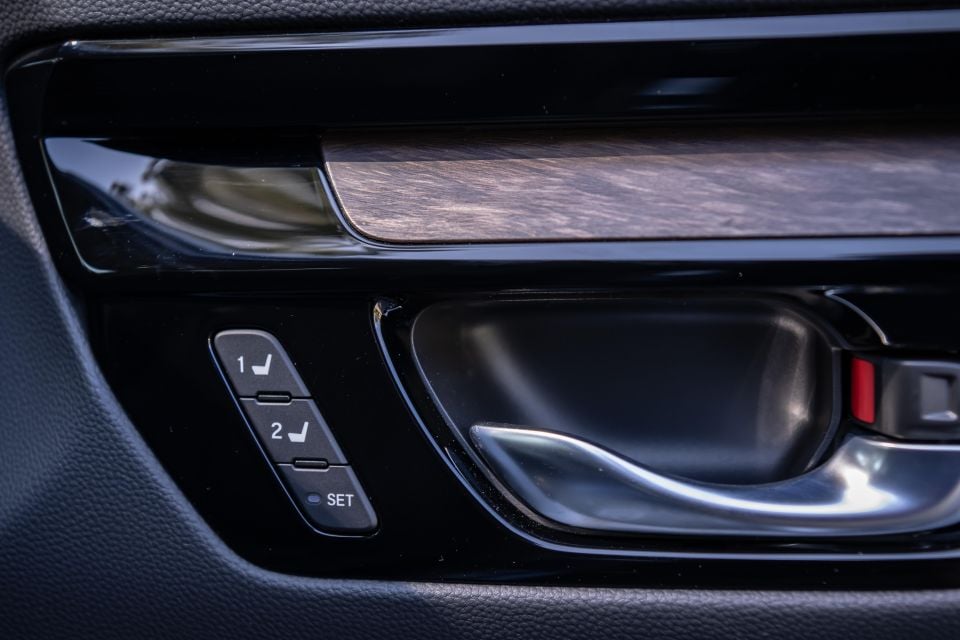
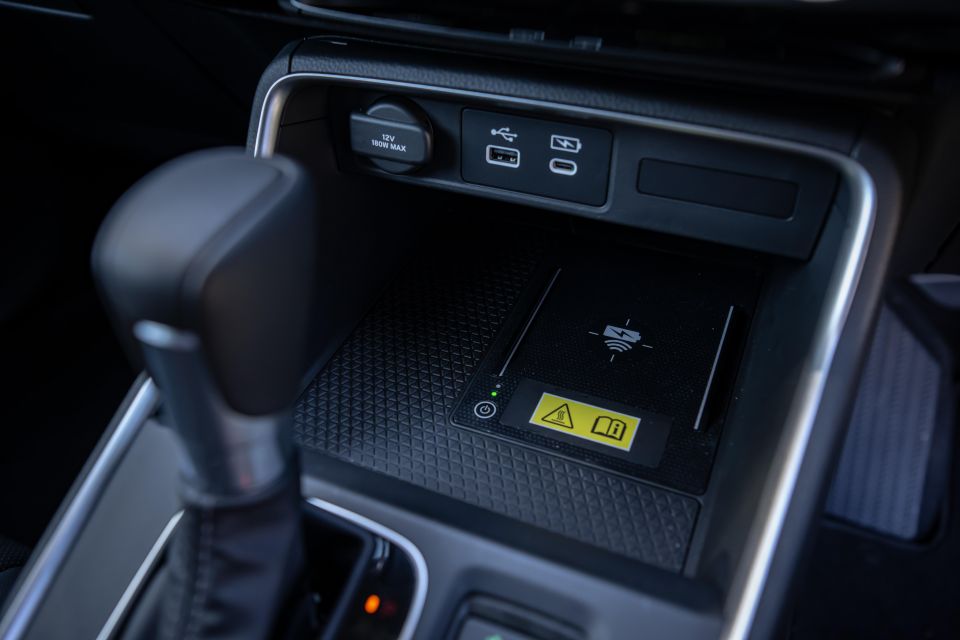
In the second row there is ample space in almost every direction, although headroom is just a little bit tight for a 182cm/6’0 adult because of the large panoramic glass roof.
Otherwise, with the driver’s seat set for my driving position, there’s ample knee room, heaps of foot room, and even a decent amount of shoulder space as well.
You could, in theory, fit three adults across the back if you needed to, but just keep in mind the middle seatbelt is one of those ones that comes down from the ceiling.
Bit annoying. So is the ceiling-mount top-tether point for the middle seat, which could limit your load height if you have a car seat fitted in the middle. There are outboard ISOFIX and three top-tethers total.
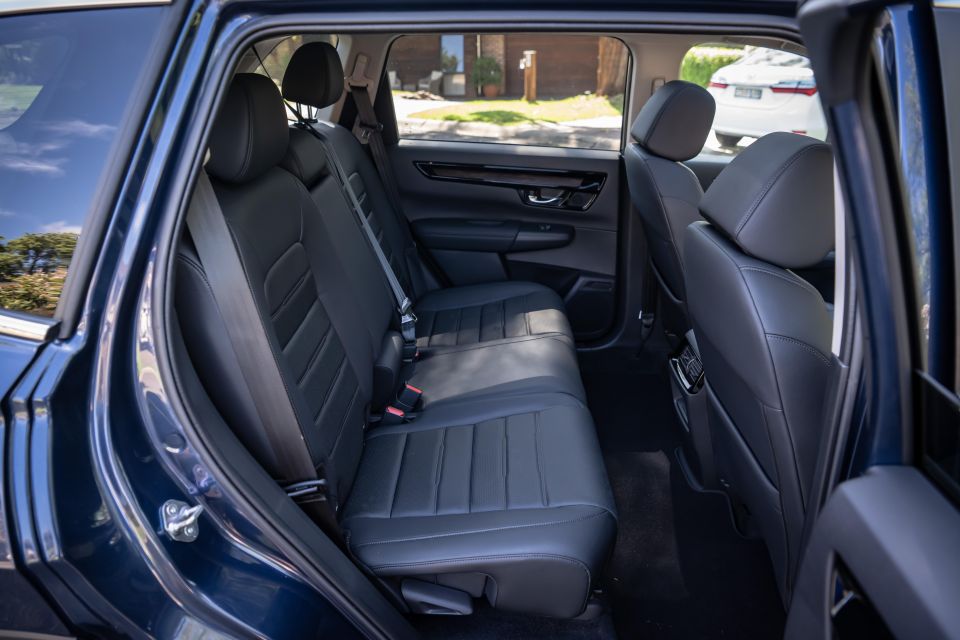
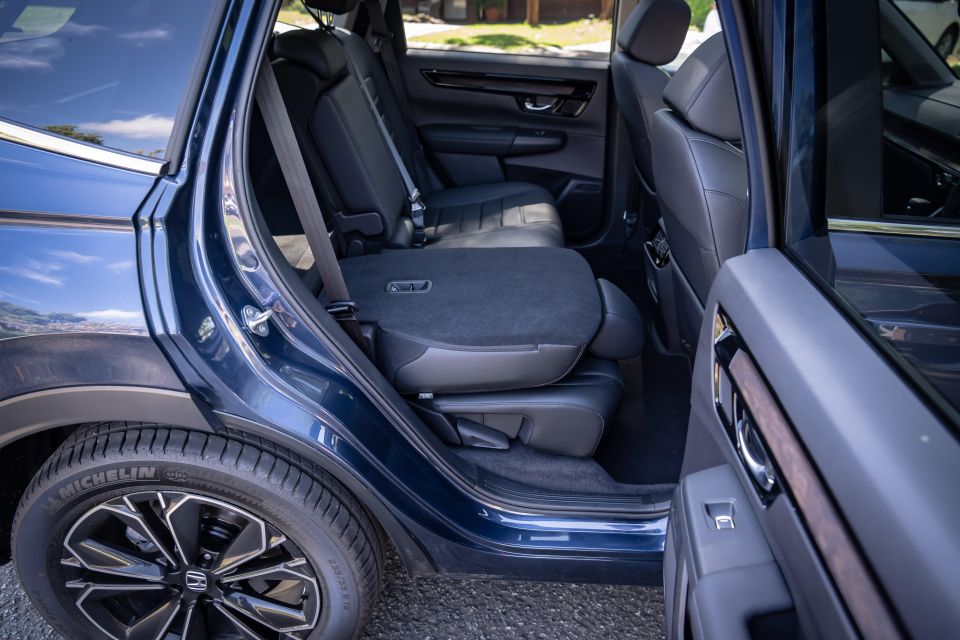
Storage is good in the second row, with map pockets on the seat-backs, a flip-down armrest with cup holders, and bottle holders in the doors, again with space for two smaller bottles.
There are also directional air-vents and a pair of USB-C charge ports as well. The rear seats are foldable in a 60:40 layout, and that means you can fold the driver’s side rear portion independently – but Magic Seats, these are not.
As for boot space, it’s not only large, but it has a large opening. There’s a low load-in lip that makes it a little bit easier to place heavier items, and the cargo space is 581 litres according to Honda.
There are some clever elements to the boot area; including some tie-down hooks to secure a load in place, a couple of shopping bag hooks, a 12-volt port, lights on both sides of the boot area (you don’t realise how handy that is until you need it), and under the boot floor there’s also a full-size spare wheel – this is increasingly rare, and nice to see.
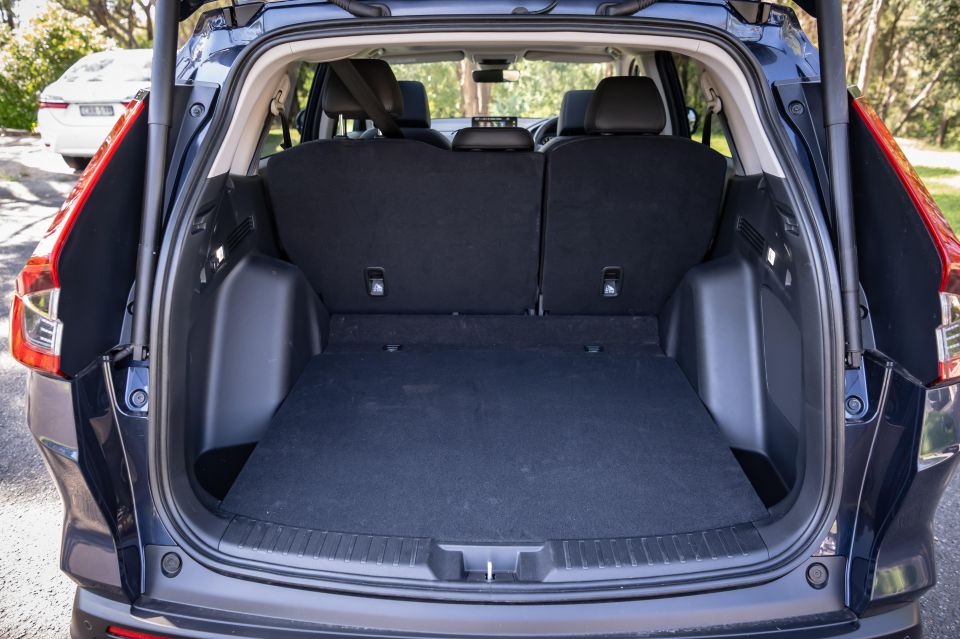
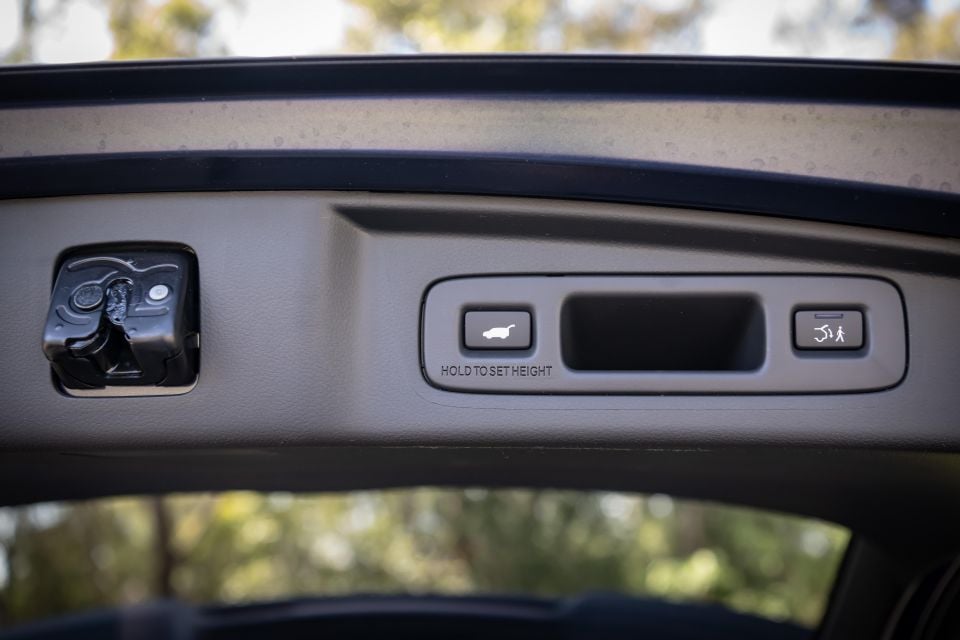
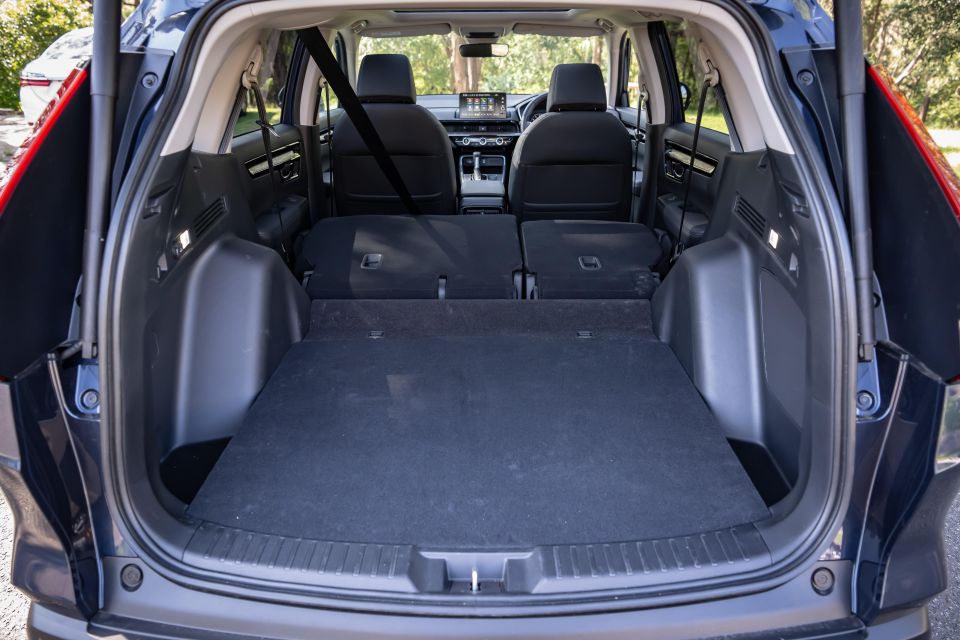
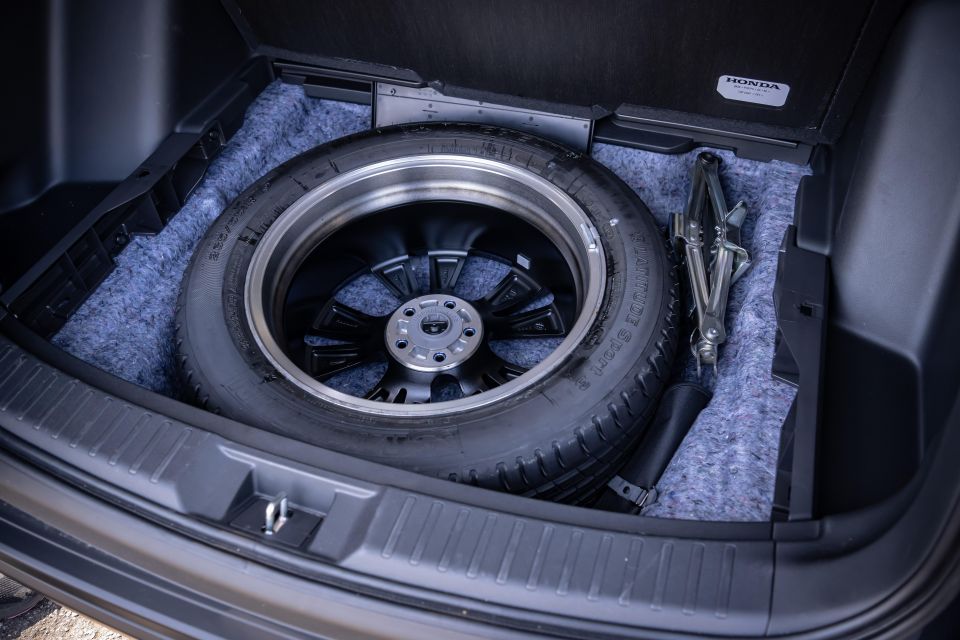
One very minor consideration is that you don’t have a space to store the cargo cover if you don’t want it in use, and also, there is no additional section that runs from the cargo cover to the back seats as you find in some other cars.
Another fantastic feature for parents is a button that you can press on the tailgate which allows you to walk away, and if the car doesn’t sense the key nearby anymore, it will close the tailgate automatically for you.
This one is a “VTi” variant, which means it uses the same 1.5-litre turbocharged four-cylinder petrol engine that is also seen in the smaller ZR-V SUV and Civic hatch.
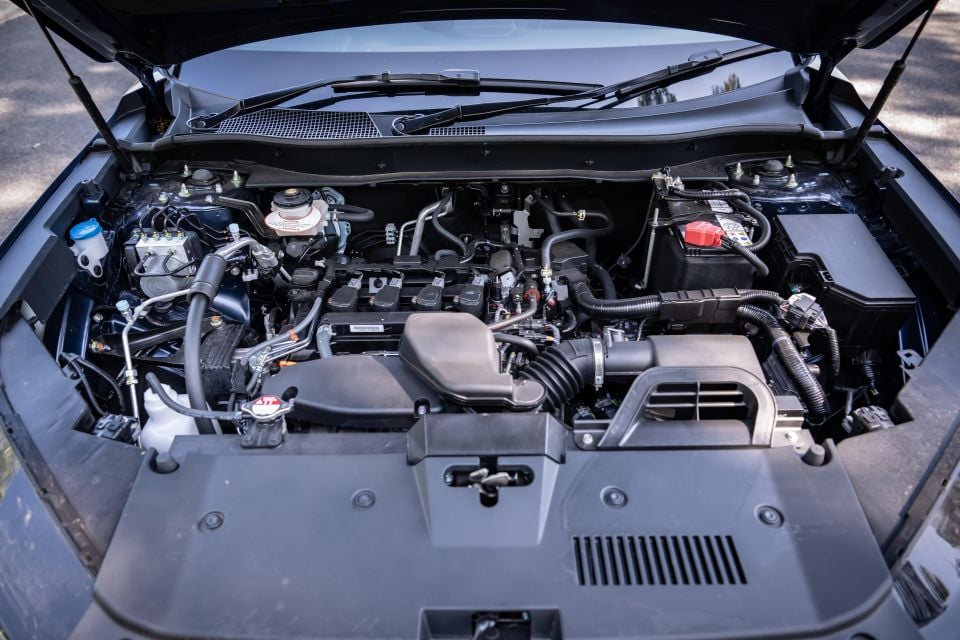
In this application, the turbo-petrol engine produces 140kW of power (6000rpm) and 240Nm of torque (1700-5000rpm). It makes use of a continuously-variable transmission (CVT), and this grade features an on-demand all-wheel drive (AWD) system.
The official combined cycle fuel consumption figure for the CR-V VTi LX AWD is 7.7L/100km (169g/km CO2), and it is rated to use 91 RON regular unleaded. It has a 57-litre fuel tank capacity. Over more than 800km of testing, I saw a return of 8.4L per 100km, which is fine by me.
Towing capacity is 600kg unbraked and 1500kg braked, which is less than many rivals (most have 750kg/2000kg ratings). At least the AWD model has a better towing capacity than the petrol 2WD (1000kg braked) or the e:HEV 2WD (750kg braked).
It’s really, really good.
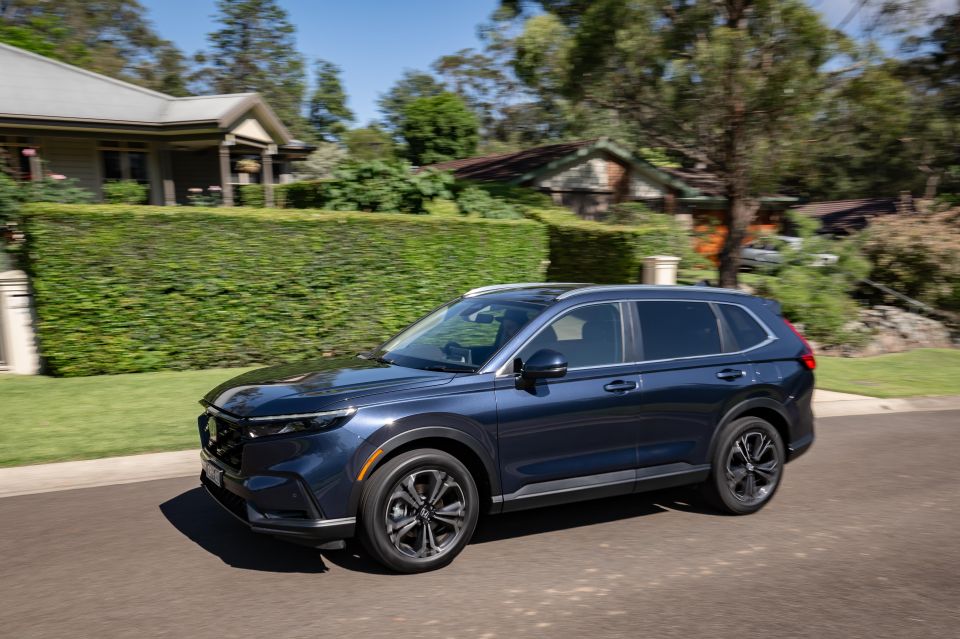
The new-generation CR-V is a more enjoyable and more mature SUV than the model it replaces, which was, in its own right, pretty decent.
Some people might think a 1.5-litre turbo-petrol engine producing relatively modest outputs is not enough motor for this application. And look, if you load it up with a heap of kids and a boot full of stuff, it’s going to feel a little undercooked in terms of the powertrain.
But there is a Sport mode for the transmission, which does make for a more zesty experience, and there are paddle-shifters too if you want to take matters into your own hands.
In normal everyday commuter-style driving, the 1.5L engine offers ample grunt, and the CVT auto does harness the grunt nicely. It’s pretty quiet, and while the last-gen car could be a bit ‘lurchy’ at low speeds, the new model is pretty refined in the way it accelerates at low speeds and in traffic.
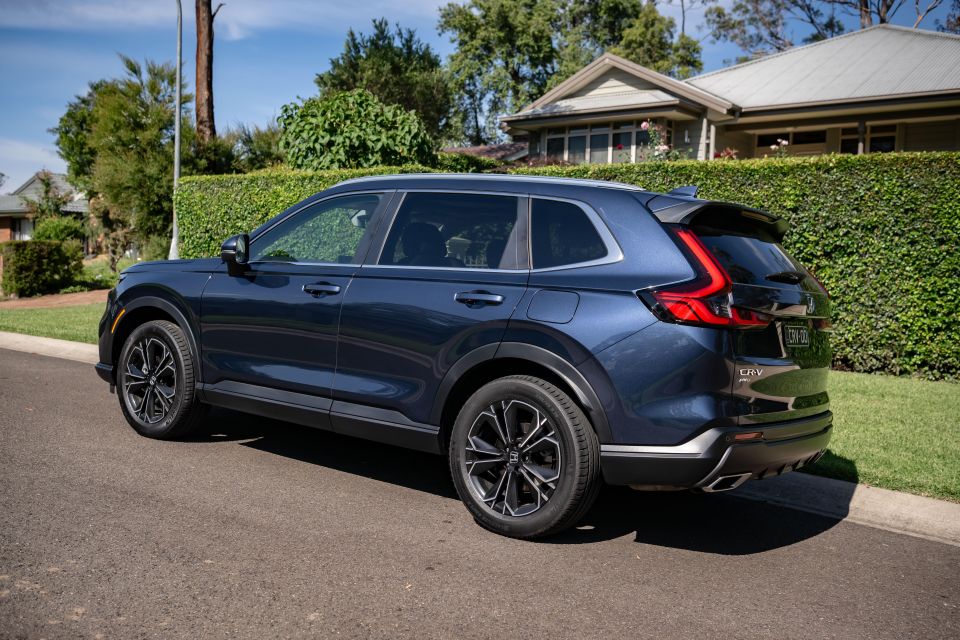
At a higher pace, it’s not breathtaking in its urgency, but it is punchy enough for a family car. During my time with this model I didn’t really experience the all-wheel drive system do anything other than offer peace of mind.
Sure, you might find that if you’re parked on a slippery grass slope, or if you happen to head to a campsite or up the mountains to the snow, that the AWD system may come into its own – but in daily driving, you don’t notice it.
What I like most about the CR-V though, is the way it drives.
The steering is on the heavy side, but it’s very direct and you don’t have to think too much about what’s required in terms of direction changes. Roundabouts? Easy peasy. Highway lane changes? Just think about it, and it’s already done.
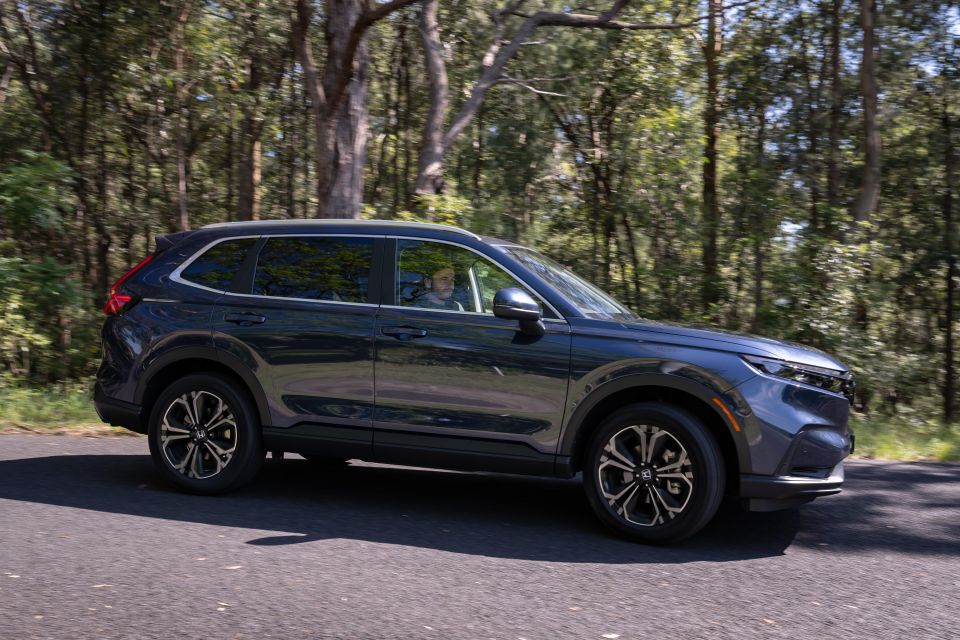
And the ride, too, is excellent for this type of car. This version – with 19-inch wheels and lower-profile tyres than some of the other variants – might have a marginally more hard-edged vibe compared to lower-grade versions, but it’s still very comfortable and deals well with bumpy urban roads, and never really stumbles at higher pace, either.
It’s pretty refined in terms of road and wind noise too, but coarse-chip roads can throw quite a bit of reverberant noise into the cabin.
The biggest issue, really, is that this spec – which is $57K, remember – has a reversing camera and front and rear parking sensors. While the camera does have a few different view modes, for a car at this price it really should have a more family-friendly surround-view camera.
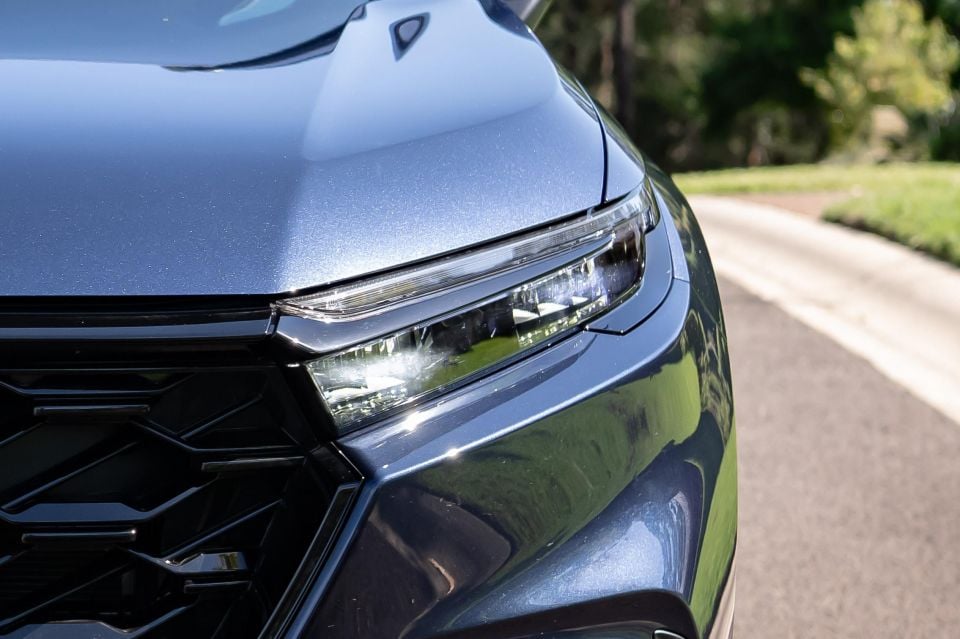
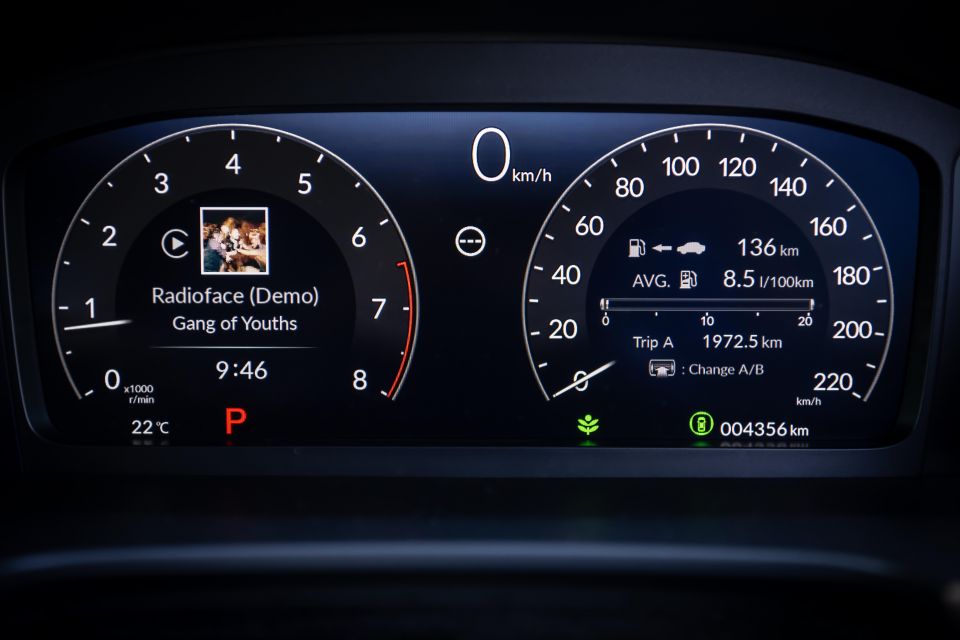
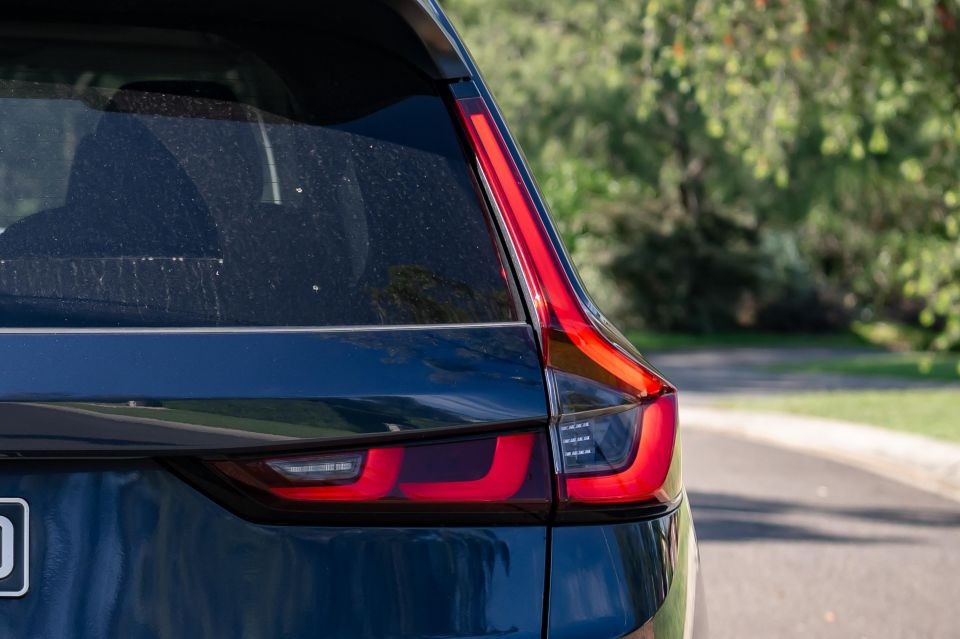
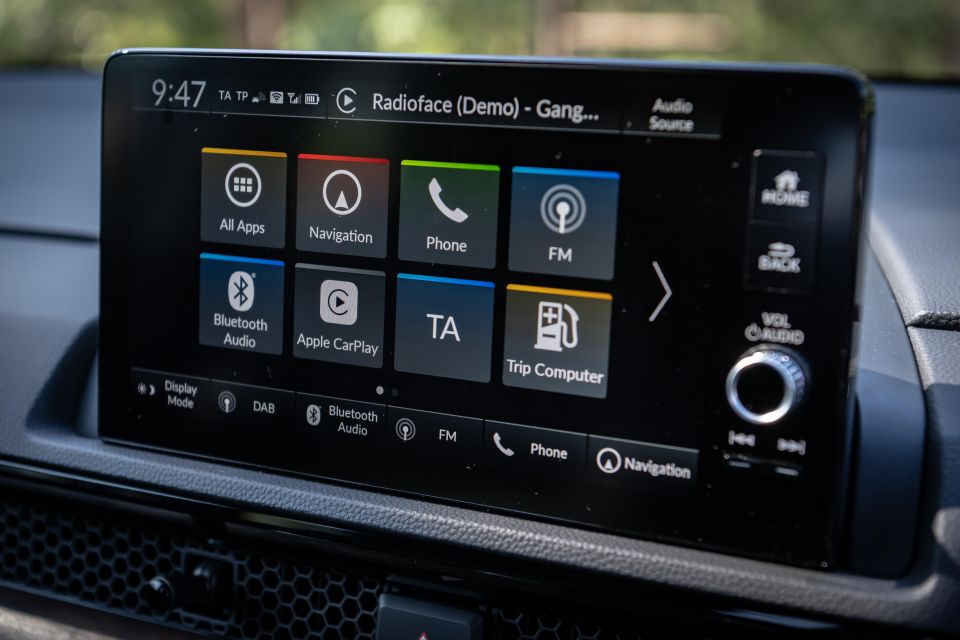
CRV VTi LX highlights:
That’s over what you get in lower grades, which include:
There’s more besides that, but this spec is pretty packed with gear.
At this point in time, the current-generation Honda CR-V has not yet been tested by ANCAP or Euro NCAP.
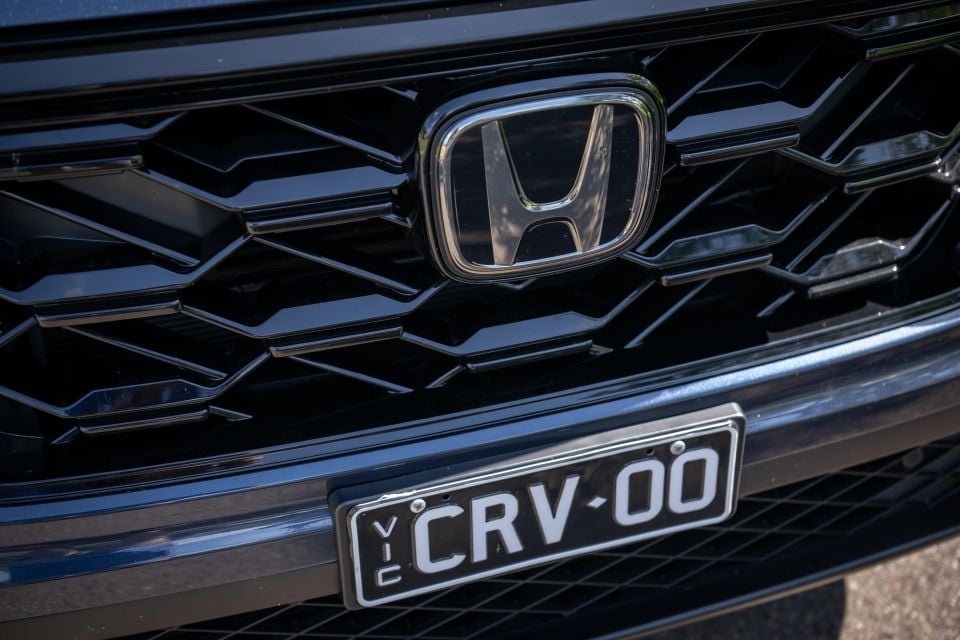
Standard safety features include:
CR-V VTi X7 + VTi L add:
CR-V e:HEV RS adds:
Honda Australia covers its range with a five-year, unlimited-kilometre warranty.
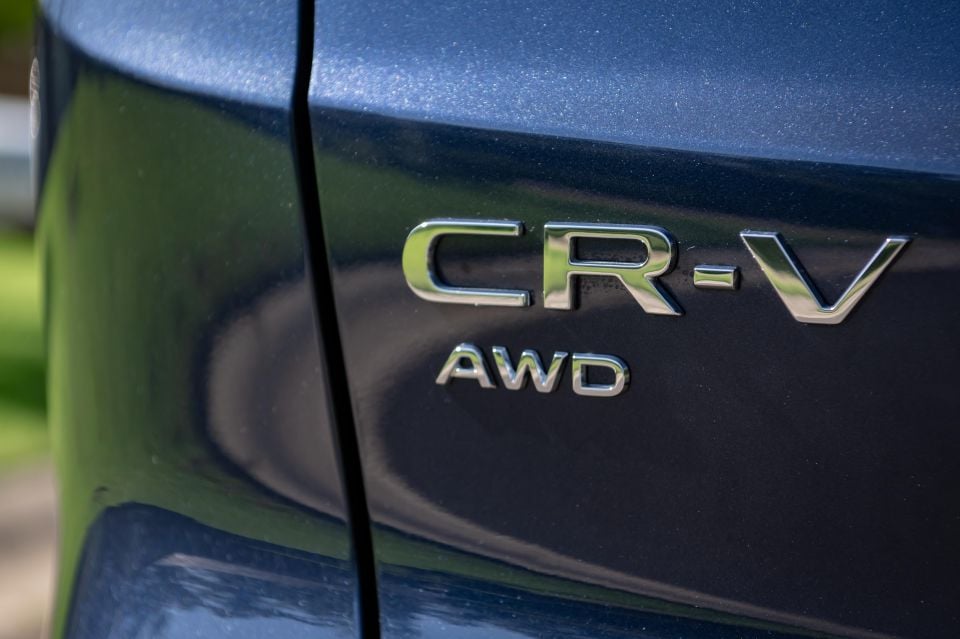
The same duration of cover applies for the brand’s premium roadside assist, and there’s a five-year capped-price servicing plan, too.
Honda offers “5 Low Price Services”, which caps scheduled maintenance at $199 per service for the first five scheduled visits. Intervals are 12 months or 10,000 kilometres – whichever comes first. This is shorter than many rivals as 15,000km is the average.
The brand also offers complimentary satellite navigation map updates for the duration of the new vehicles warranty, and there’s Honda Connect services data incorporated into the car, which also spans five years.
There’s a lot to like about the Honda CR-V, but the VTi LX AWD doesn’t quite seem like the pick of the range, unless you really want all the gear you can get and really need the all-wheel drive underpinnings.
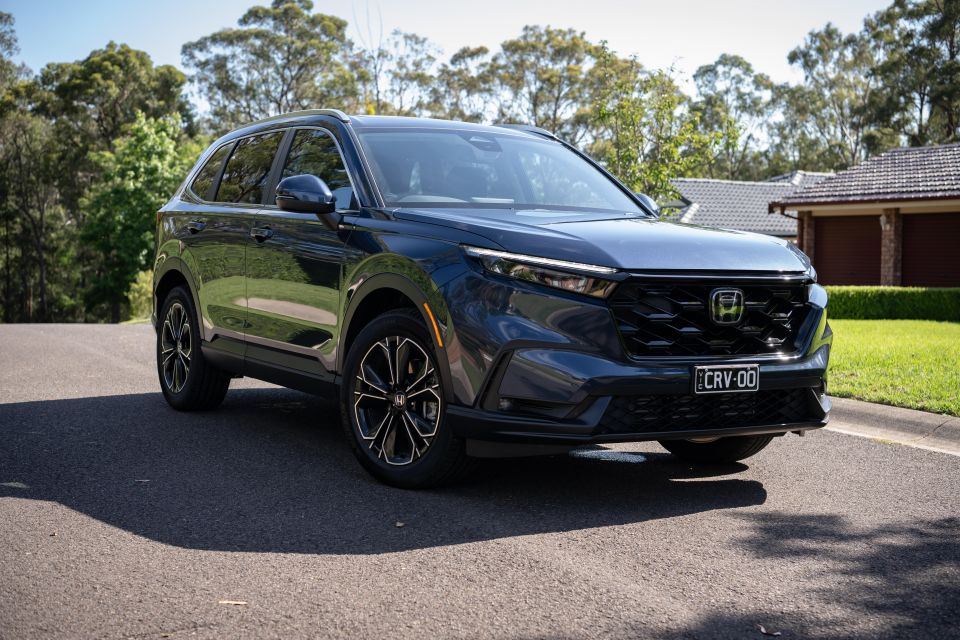
I’d say you should check out the pricing and specs story we’ve done and see if you could live with the more affordable AWD model in the range, which would save you almost $6000.
But if you like what this SUV offers, and you don’t think it’s too expensive, then I can totally understand why you’d pick this flagship petrol version.
Click the images for the full gallery
BUY: Honda CR-V MORE: Everything Honda CR-V
Take advantage of Australia's BIGGEST new car website to find a great deal on a Honda CR-V.
Matt has more than a decade of experience in automotive journalism, and loves exploring the pros and cons of new cars, delving into deep-dive industry stories, and going for a drive just for the fun of it.


Matt Campbell
8.7
2 Months Ago
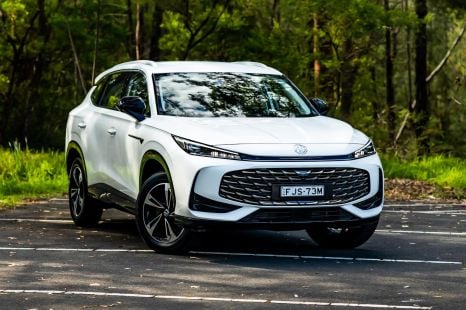

Matt Campbell
8.2
2 Months Ago
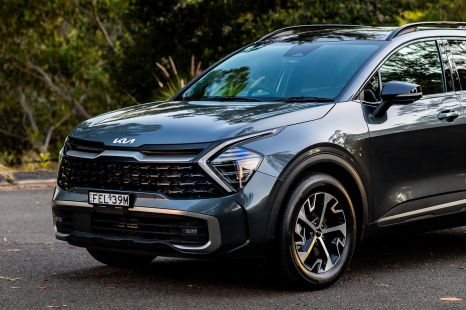

Matt Campbell
8.1
26 Days Ago
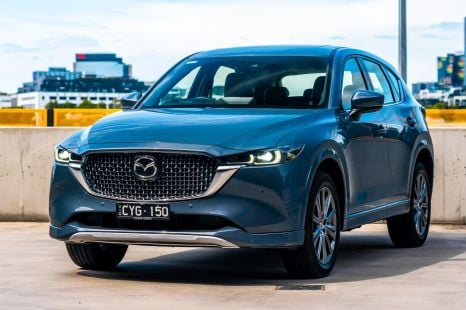

Max Davies
7.8
23 Days Ago
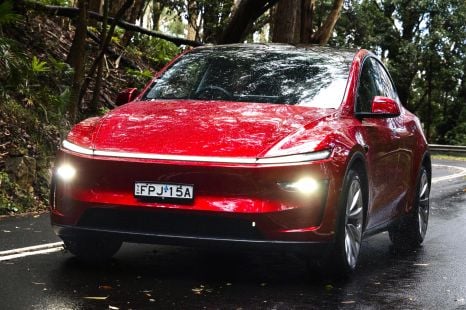

Max Davies
8.4
15 Days Ago
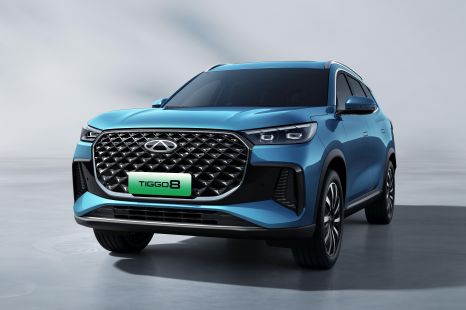

William Stopford
8 Days Ago

8.5
1
10